- News
- Reviews
- Bikes
- Accessories
- Accessories - misc
- Computer mounts
- Bags
- Bar ends
- Bike bags & cases
- Bottle cages
- Bottles
- Cameras
- Car racks
- Child seats
- Computers
- Glasses
- GPS units
- Helmets
- Lights - front
- Lights - rear
- Lights - sets
- Locks
- Mirrors
- Mudguards
- Racks
- Pumps & CO2 inflators
- Puncture kits
- Reflectives
- Smart watches
- Stands and racks
- Trailers
- Clothing
- Components
- Bar tape & grips
- Bottom brackets
- Brake & gear cables
- Brake & STI levers
- Brake pads & spares
- Brakes
- Cassettes & freewheels
- Chains
- Chainsets & chainrings
- Derailleurs - front
- Derailleurs - rear
- Forks
- Gear levers & shifters
- Groupsets
- Handlebars & extensions
- Headsets
- Hubs
- Inner tubes
- Pedals
- Quick releases & skewers
- Saddles
- Seatposts
- Stems
- Wheels
- Tyres
- Health, fitness and nutrition
- Tools and workshop
- Miscellaneous
- Tubeless valves
- Buyers Guides
- Features
- Forum
- Recommends
- Podcast
news
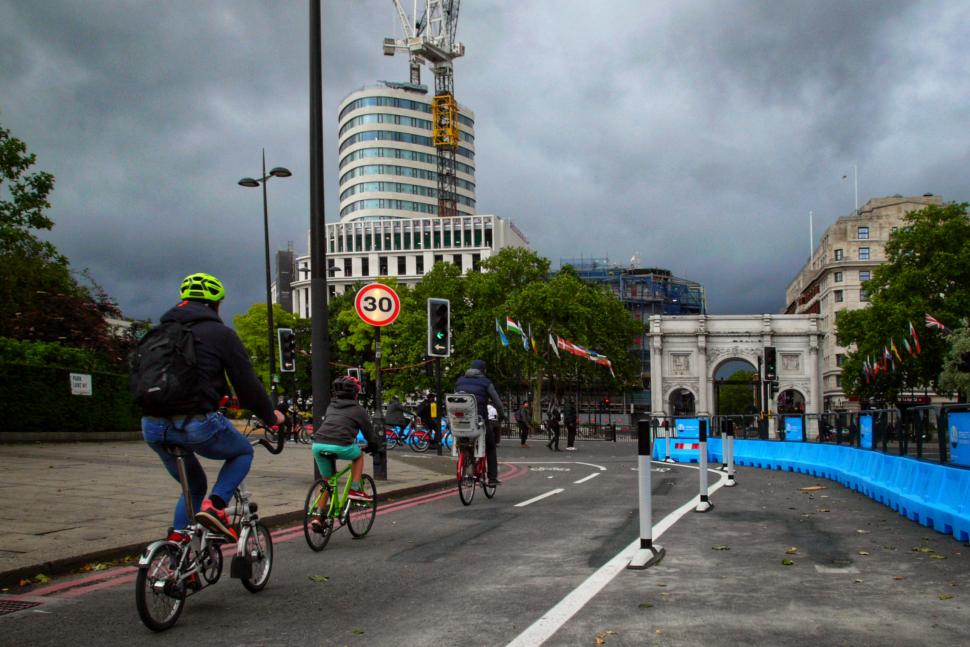 Marble Arch cycle lane (copyright Simon MacMichael)
Marble Arch cycle lane (copyright Simon MacMichael)Lockdowns, LTNs and 'a new golden age for cycling': 2020 in review
A meme did the rounds on social media last week with a picture of the Queen, sitting at her desk with carefully placed family photos ready to deliver her annual Christmas Day message, and the caption – we’ll paraphrase here – “Where does one start?” Where indeed. This has been a year unlike any other that most of us have lived through, and the changes made to our lives, and our daily routines, seem set to be here for some time to come – some of them, possibly forever.
Usually, our year-end round-up focuses on individual stories, but 2020 has seen many issues related to cycling in the UK that had been bubbling away close to the surface explode onto the front pages as never before due to the coronavirus crisis, and the steps that governments, both national and local, are taking to adjust to it, meaning that of necessity our review of the year will takes something of a thematic approach.
“Consumers cottoned on to the cycling revolution before the government did”
The first national lockdown in England, which began at the end of March, seems a long time ago now. But for a few weeks at least, helped by decent weather and exercise, including cycling, being one permitted reason for leaving the house, it was a joy to cycle on roads so empty they prompted comparisons with levels of traffic on Christmas Day – just take a look at the North Circular Road by Gunnersbury Park in West London in the photo above.
There was confusion over some issues, of course. How did going out cycling, whether on your own or with people you live with, tie in with social distancing rules, for example, or what actually was and wasn’t permitted under the guidelines?
Warning that cycling could be banned if people don’t ride responsibly
In fact, at the start of the lockdown in late March, there were actually real concerns that cycling could be banned if people didn’t ride responsibly, as highlighted by British Cycling, following reports that some cyclists had been taking part in group rides.
Fortunately, that didn’t happen, but certainly cyclists became a target for some elements of the press, including publishing photos taken with telephoto lenses that made riders appear much closer together than they really were, with the suggestion that people were riding in groups or ignoring social distancing when they were not.
> Sunday Times names and shames cyclists racking up miles on Strava
We were still in early lockdown, and people riding bikes for exercise, as they were allowed to do, were still in the firing line, with The Sunday Times – which published a number of anti-cyclist articles throughout the year before, earlier this month, doing a sudden about-turn and urging the country to Go Dutch – heading to Strava to dig out some examples of rides and attempting to name and shame people despite the fact that, according to the regulations, they had done nothing wrong.
> Press watchdog rejects complaints over Rod Liddle “piano wire” column
Perhaps the most notorious anti-cycling article the newspaper published this year was the column in May by Rod Liddle who said he found it “tempting” to “tie piano wire at neck height across the road” to target cyclists – although press regulator, the Independent Press Standards Organisation, said in response to complaints that the article did not infringe the Editors’ Code of Practice.
The Sunday Times, for its part, fell back on the defence that the column – published at a time when there were increasing reports of unprovoked attacks against cyclists, some using booby traps such as barbed wire – “was not meant to be taken seriously,” despite receiving complaints from the charity Cycling UK, broadcaster Ned Boulting and barrister James M Turner QC, among others.
> Video: Slow-moving driver forces cyclist off the road on Woodhead Pass
One of the more extreme cases of aggression towards cyclists we saw came in the shape of this video from October, when a slow-moving driver on the Woodhead Pass in the Pennines forced a cyclist onto the grass verge.
The previous month had witnessed possibly the most bizarre anti-cycling article we’ve come across in the past decade or so, with the Daily Express outraged that “Cyclists use these secret signals ‘not intended’ to be known by drivers to warn of hazards.”
The article made references to “a unique code” and “a hidden bid to boost safety” – although in reality, it was nothing more than the hand signals cyclists have used for decades when riding in a bunch to warn fellow riders of hazards such as potholes.
> PM promises a new “Golden Age for Cycling” as active travel put at centre of recovery plan
When Prime Minister Boris Johnson appointed Andrew Gilligan as transport advisor at Number 10 Downing Street after taking office in July 2019, it was a sign that this government might be better disposed towards cycling than its predecessors, although it took the COVID-19 pandemic to thrust the issue of active travel centre-stage.
Responding in the House of Commons in early May to a question from former transport minister Theresa Villiers regarding restoring public transport capacity in London, Johnson said: “This should be a new golden age for cycling.”
Within a week, transport secretary Grant Shapps had announced that £225 million would be made available to councils in England for emergency active travel infrastructure, plus £25 million for the Fix Your Bike scheme (the money being part of £2 billion previously announced for walking and cycling during the current five-year period).
It was a statement of intent from the government, which subsequently made it clear that funding would be scaled back or pulled altogether from councils delivering sub-standard schemes.
> “Nightmare” government Fix Your Bike scheme leaves bike shops waiting for payment
It's fair to say though that the Fix Your Bike scheme has been a disappointment to date, with just a fifth of the promised 500,000 vouchers released, and reports from the bike trade that they were not receiving payment for the vouchers they had accepted within the promised timeframe, and that their repair and maintenance workload had dried up as people waited for more to be made available.
The government’s plans for emergency active travel infrastructure, meanwhile, prompted an immediate and still ongoing backlash from a vocal minority opposed to LTNs and pop-up cycle lanes – some, such as this one in Filton, South Gloucestershire, were ripped up by councils within days of being installed by local councils, while across London, planters and bollards closing residential streets to rat-running drivers were removed or vandalised.
14 backbench Tory MPs – including a former cycling minister – opposed their own government under the auspices of the All Party Parliamentary Group Fair Fuel for UK Motorists and Hauliers, calling for an end to funding for such initiatives – and were given very short shrift by Shapps for their pains.
> Nigel Farage’s Reform UK party to target pro-cycling councils in next year’s local elections
The Conservative candidate for next year’s London Mayoral election, Shaun Bailey, has also made opposition to measures aimed at promoting active travel, in direct opposition to his party's leadership.
Meanwhile, underlining how the issue has now become part of the so-called ‘culture wars’ Nigel Farage – the anti-career-politician career politician, and never one to ignore an issue with 'populist' appeal – has said his Reform UK party will field candidates against councillors backing cycle lanes and LTNs in the forthcoming local elections.
One route in west London perhaps sums up more than any other the problems involved with getting local authorities on board with creating safe space for cyclists – with Hounslow Council earlier this month finally opening a long-planned stretch of the protected Cycleway 9 along Chiswick High Road.
> PM Boris Johnson ‘ballistic’ over scrapping of Kensington High Street cycle lane
That happened just weeks after further east on the same axis, and despite protests from local schools and cycling campaigners, as well as the Prime Minister himself, the Royal Borough of Kensington & Chelsea – which had long ago blocked Transport for London’s plans for Cycleway 9 to run through its area – tore up the emergency protected cycle lanes it had installed along Kensington High Street.
An extraordinary year for cycling ends ... with hopes of a brighter future?
We are now at the end of an extraordinary year, and it’s clear that COVID-19 is going to impact our lives well into the New Year and possibly beyond. In terms of cycling, the start of the pandemic in this country – as elsewhere – encouraged many to start riding a bike, and also brought active travel to the top of the government’s agenda, where it is also an important factor in decarbonising transport in the face of the climate crisis.
At the same time, opposition to measures aimed at encouraging more people to walk or cycle, or to at least reduce car use, has become more vocal and, perhaps, more organised. Meanwhile, certain elements of the media have singled out people riding bikes, or initiatives aimed at making it safer for them to do so, for specific criticism.
Campaigners have long insisted that real, meaningful change will only come about in the country’s cycling infrastructure with political leadership from the top down, and it’s encouraging that we now appear to have it. Let’s hope as we head into 2021, more local authorities buy into that vision.
Simon joined road.cc as news editor in 2009 and is now the site’s community editor, acting as a link between the team producing the content and our readers. A law and languages graduate, published translator and former retail analyst, he has reported on issues as diverse as cycling-related court cases, anti-doping investigations, the latest developments in the bike industry and the sport’s biggest races. Now back in London full-time after 15 years living in Oxford and Cambridge, he loves cycling along the Thames but misses having his former riding buddy, Elodie the miniature schnauzer, in the basket in front of him.
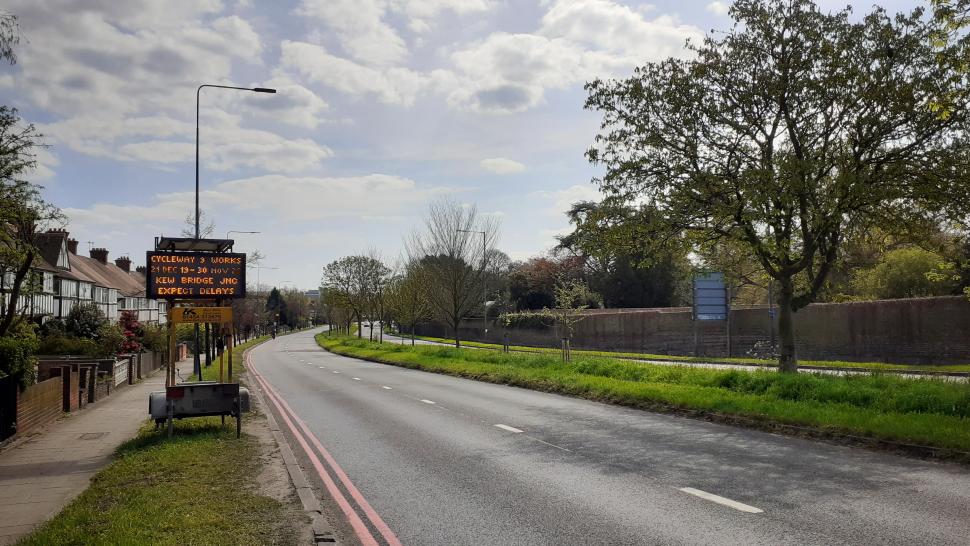
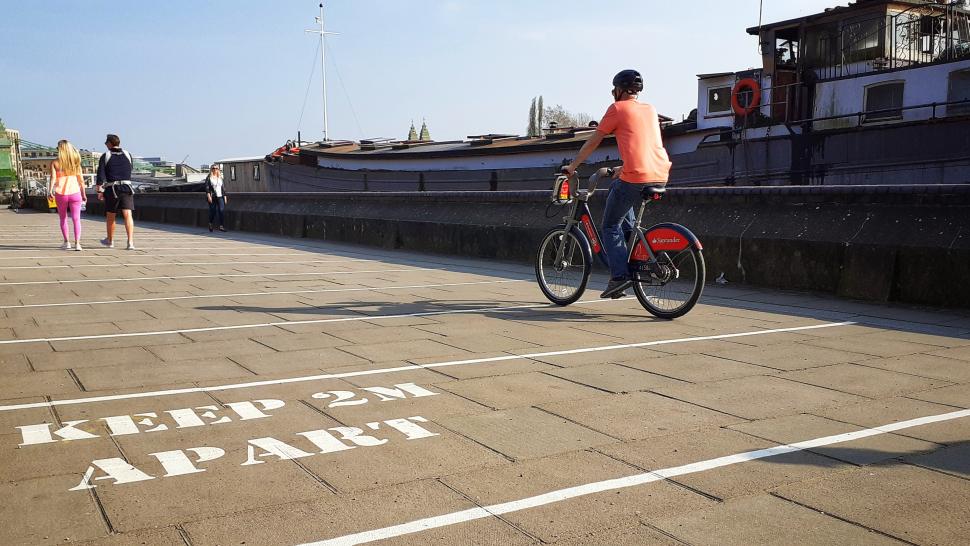
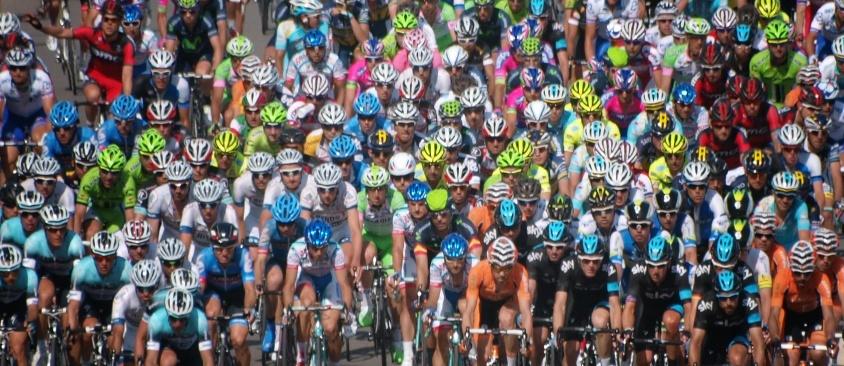

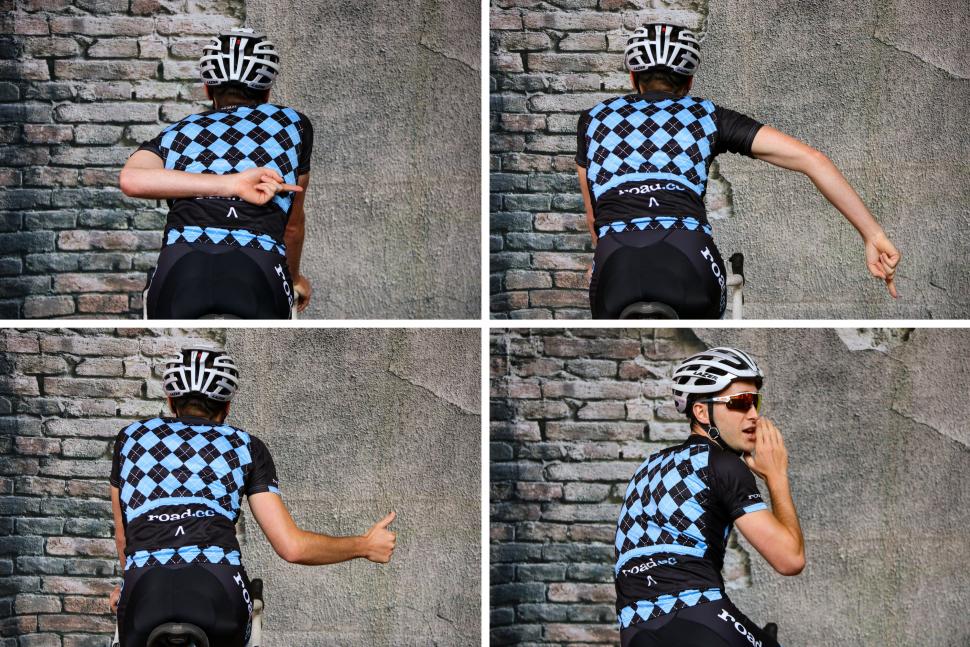
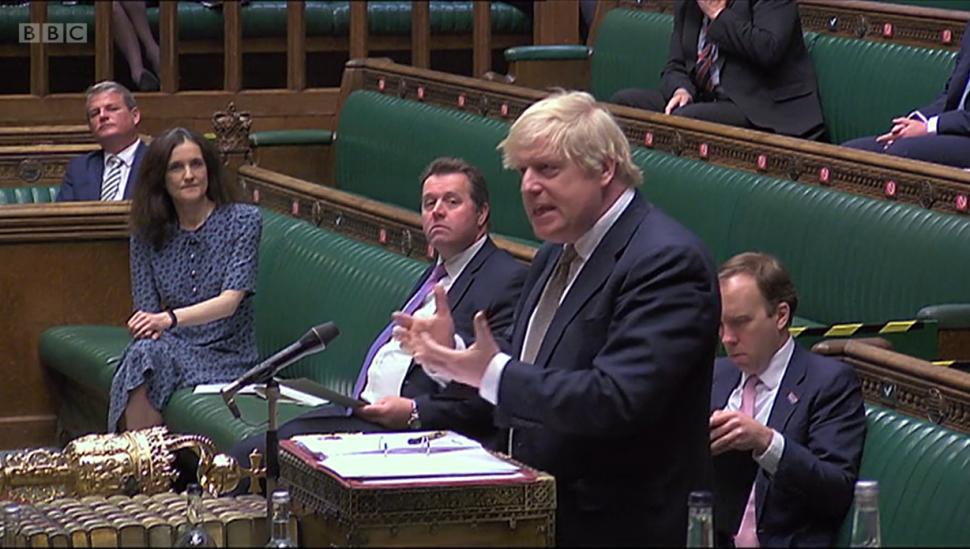
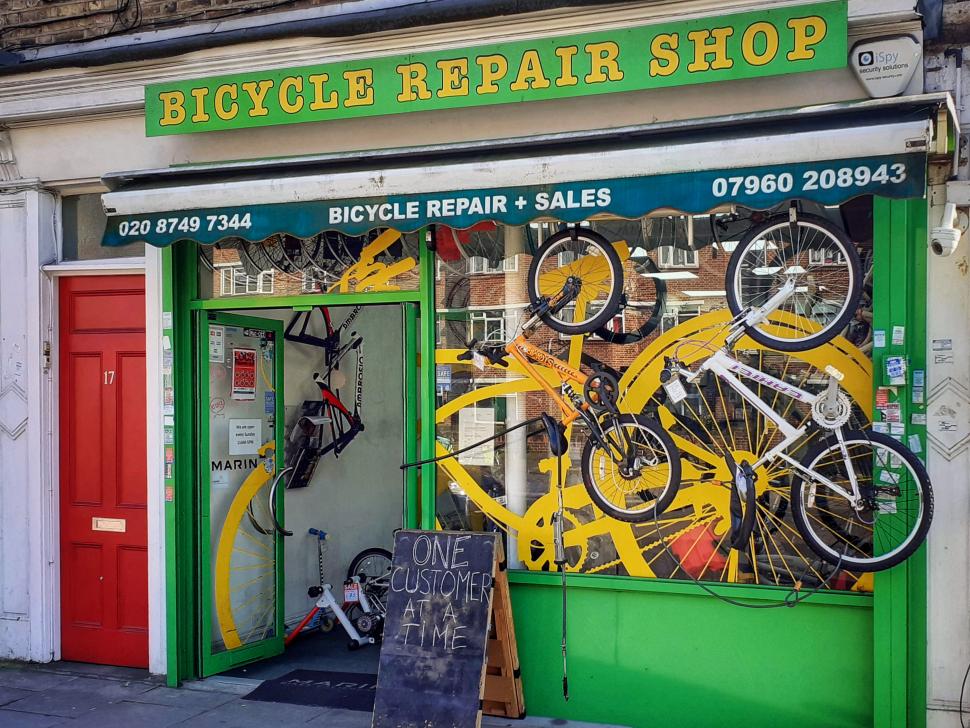
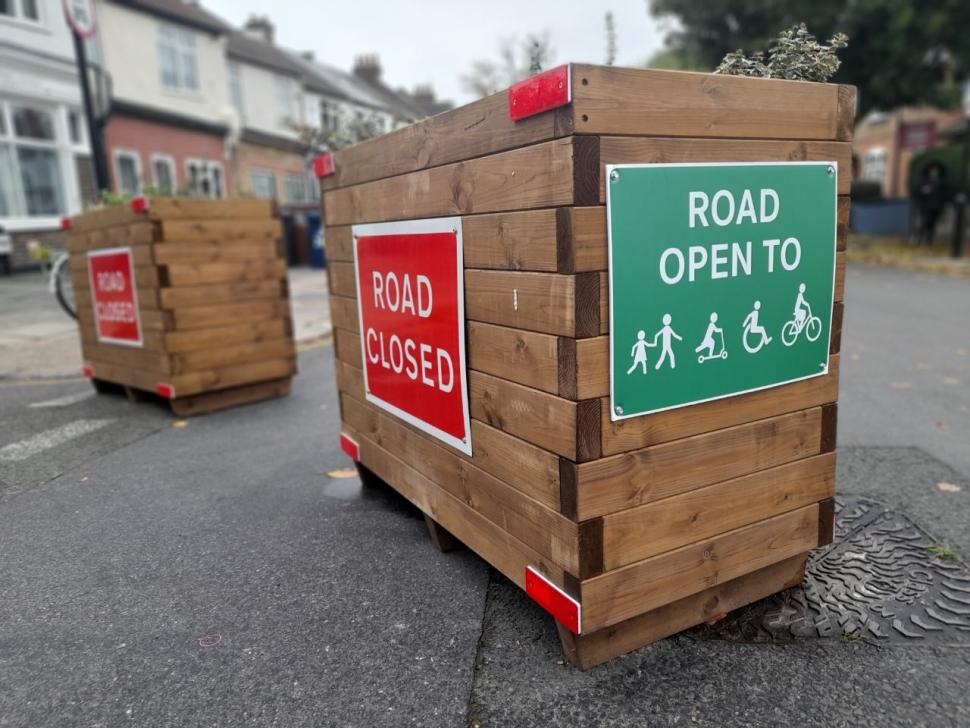
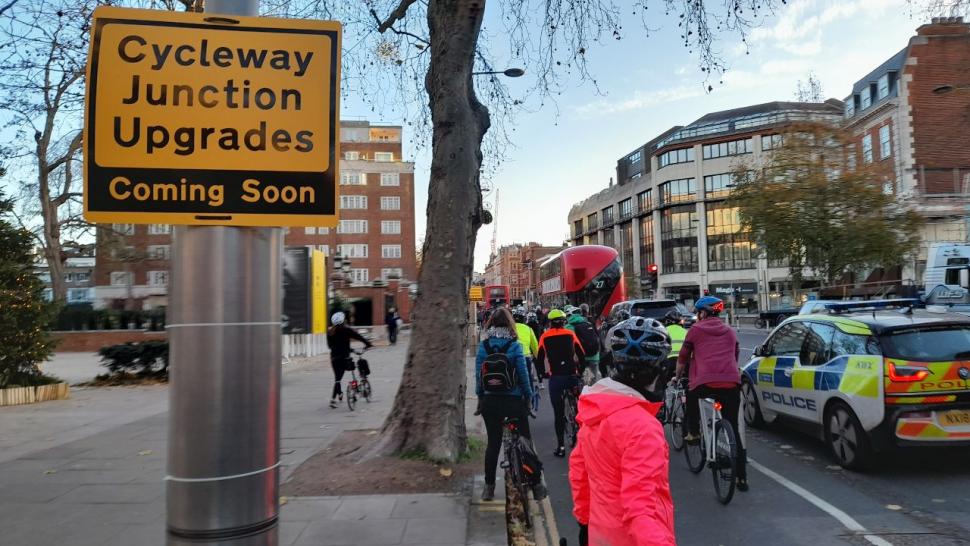


Funnily enough, not yet but will be shortly: Decathlon bikes but AG2RLM had a contract to the end of this year for clothing with Italian kit maker...
That is nowhere near 90 degrees.
No idea if Cancellara was using a motor or not, I hope not as I greatly enjoyed him as a rider, but the tech was certainly available, I can...
Fair enough:...
Centaur groupset. WDIW?
Usual ugly Pinarello, bumps and curves where they aren't needed. And, according to Mapdec, not well built.
That's not strictly true - Reform will legalise immigrant baiting, trans bashing and tar and feathering of anyone woke. Loads of fun for all the...
What's a "legitimate cyclist" please? Someone who doesn't conform to your arbitrary norms? At the age of 56 I admit that you have 13 years more...
This risks turning me into a hanger and flogger....
I had the pleasure of owning two of the featured builders here, in my history. When I joined the Army in 1971, I took with me my curly Hetchins:...